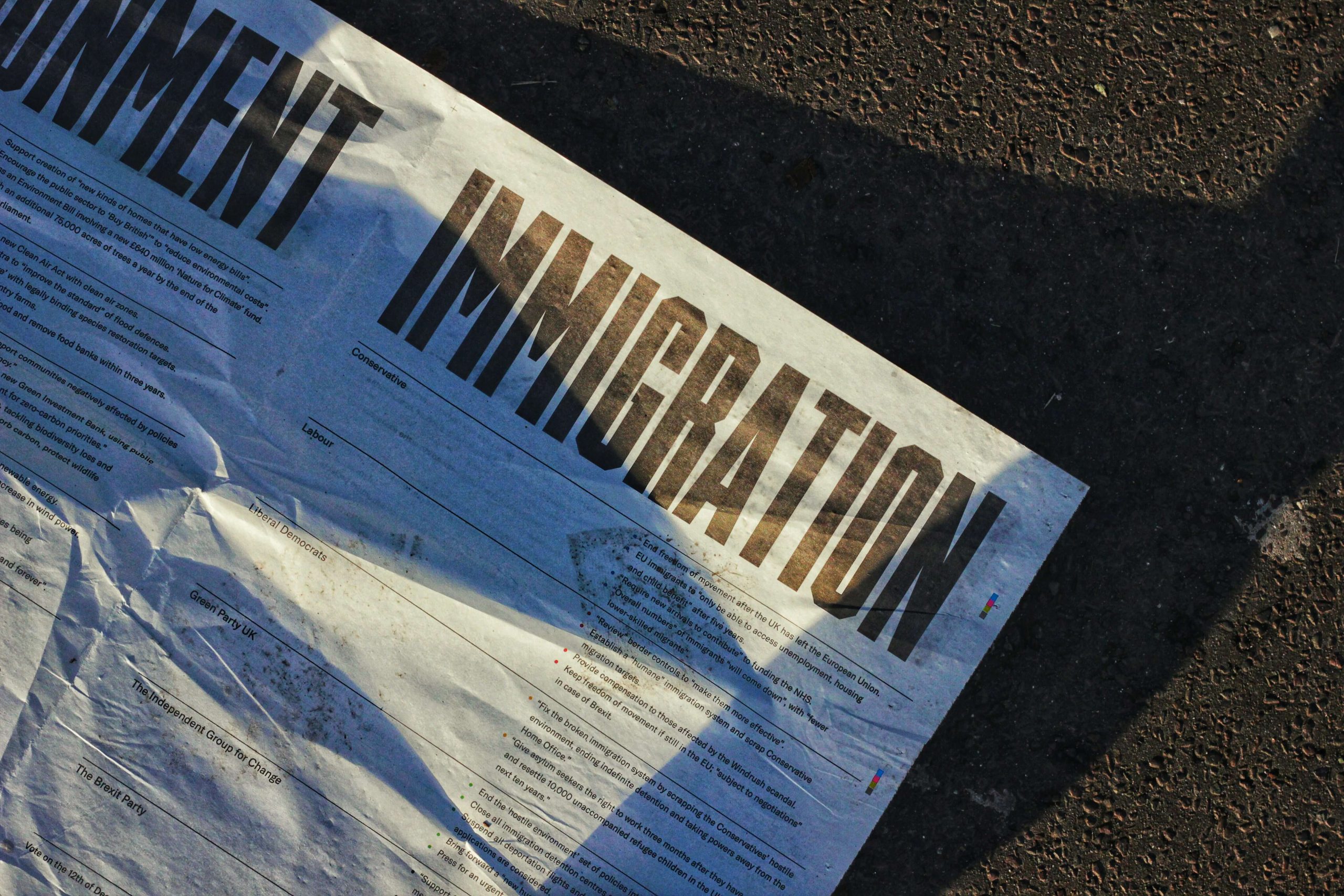In one of the fastest legislative processes in recent memory, Portugal’s immigration law changes 2025 have been passed through a sweeping reform of the country’s immigration law in just 16 working days. The final vote took place on July 16, the last parliamentary session before summer recess, and the bill now awaits the President’s formal review and possible ratification.
Portugal’s immigration law changes 2025 introduce significant restrictions on immigration procedures, including family reunification and visa eligibility, and have sparked concern among immigrant communities, civil society, and legal professionals.
Key Changes at a Glance. Although the final text of the law is pending presidential sanction and official publication, here are the most critical changes approved:
- Family Reunification Barriers: Immigrants must now prove that they lived with their spouses or partners in another country before seeking reunification in Portugal, an additional hurdle that may exclude many legitimate family units.
- Visa Restrictions for Formerly Undocumented Migrants: The law prohibits issuing visas to individuals previously in an irregular situation in Portugal, even if they have since regularised their status.
- Job-Seeker Visa Limited to “Highly Qualified” Professionals: One of the most controversial reforms, this change eliminates the general job-seeker visa and restricts it to individuals with elevated qualifications or strategic importance to the national economy.
- Change in Legal Proceedings Against AIMA: Lawsuits against the Agency for Integration, Migration and Asylum (AIMA), currently processed under urgent legal procedures due to human rights implications, will now be treated as standard administrative cases, likely delaying outcomes for thousands of migrants.
- Fast-Track Deportation Measures: A newly created National Unit for Foreigners and Borders within the PSP (Public Security Police) will enforce deportation decisions. More than 10,000 voluntary departure notices have already been issued.
Political Landscape and Controversy
The law was passed with the backing of the governing PSD and the far-right Chega party, who negotiated key amendments together. Chega’s support was critical to the bill’s rapid passage. Other right-leaning parties, such as CDS-PP, also backed the bill. The liberal party IL abstained, while all left-wing parties opposed the changes and criticised the legislative process as rushed and undemocratic.
Opposition parties and immigrant advocates, including many present in Parliament during the vote, condemned what they see as a disregard for transparency and procedural fairness. Legal bodies were given as little as one day to review the proposed law. Judiciary members have criticised this move for undermining the seriousness of such impactful legislation.
Concerns from the Judiciary and Civil Society
Judge Eliana de Almeida Pinto, representing the Council of Administrative and Fiscal Courts, strongly criticised the short timeframe to issue a legal opinion, noting that such haste is unprecedented and inappropriate for legislation that could affect thousands of lives.
Meanwhile, over 70,000 cases remain pending against AIMA due to previous delays in processing residence permits and family reunifications, a situation likely to worsen under the new legal framework.
A Constitutional Challenge?
A petition led by Brazilian lawyer Erica Acosta is calling on President Marcelo Rebelo de Sousa to request a constitutional review of the bill. The petition argues that the new law violates the principles of equality and family unity by disproportionately restricting specific immigrant categories while favouring “highly qualified” individuals. It describes the reforms as creating “a utilitarian and exclusionary immigration model” at odds with Portugal’s human rights and social integration commitments.
What Comes Next?
The bill now proceeds to the President of the Republic, who may either sign it into law, issue a veto, or request preventive review by the Constitutional Court. Until then, the reforms are not yet in effect, but if approved, they could reshape the immigration landscape in Portugal for years to come.
What Does This Mean for You as an Expat or Aspiring Immigrant?
This legislation could directly impact your options if you are already living in Portugal or considering relocation, particularly under family reunification or job-seeker pathways. Those planning to move under a previously available visa category should seek up-to-date legal guidance. At Madeira Corporate Services, we understand how critical clear immigration procedures are for individuals and families planning their lives in Portugal. We are closely monitoring all developments and will provide a detailed update once the law’s final version is approved or amended. Subscribe to our newsletter or follow our blog for timely updates. Our bilingual team can also provide tailored advice based on your unique situation.
Need help navigating Portugal’s immigration law changes in 2025?
Contact us today to schedule a consultation. Our experts can help you assess your eligibility, prepare documentation, and adapt your relocation strategy to the new legal context.
The founding of Madeira Corporate Services dates back to 1996. MCS started as a corporate service provider in the Madeira International Business Center and rapidly became a leading management company… Read more




